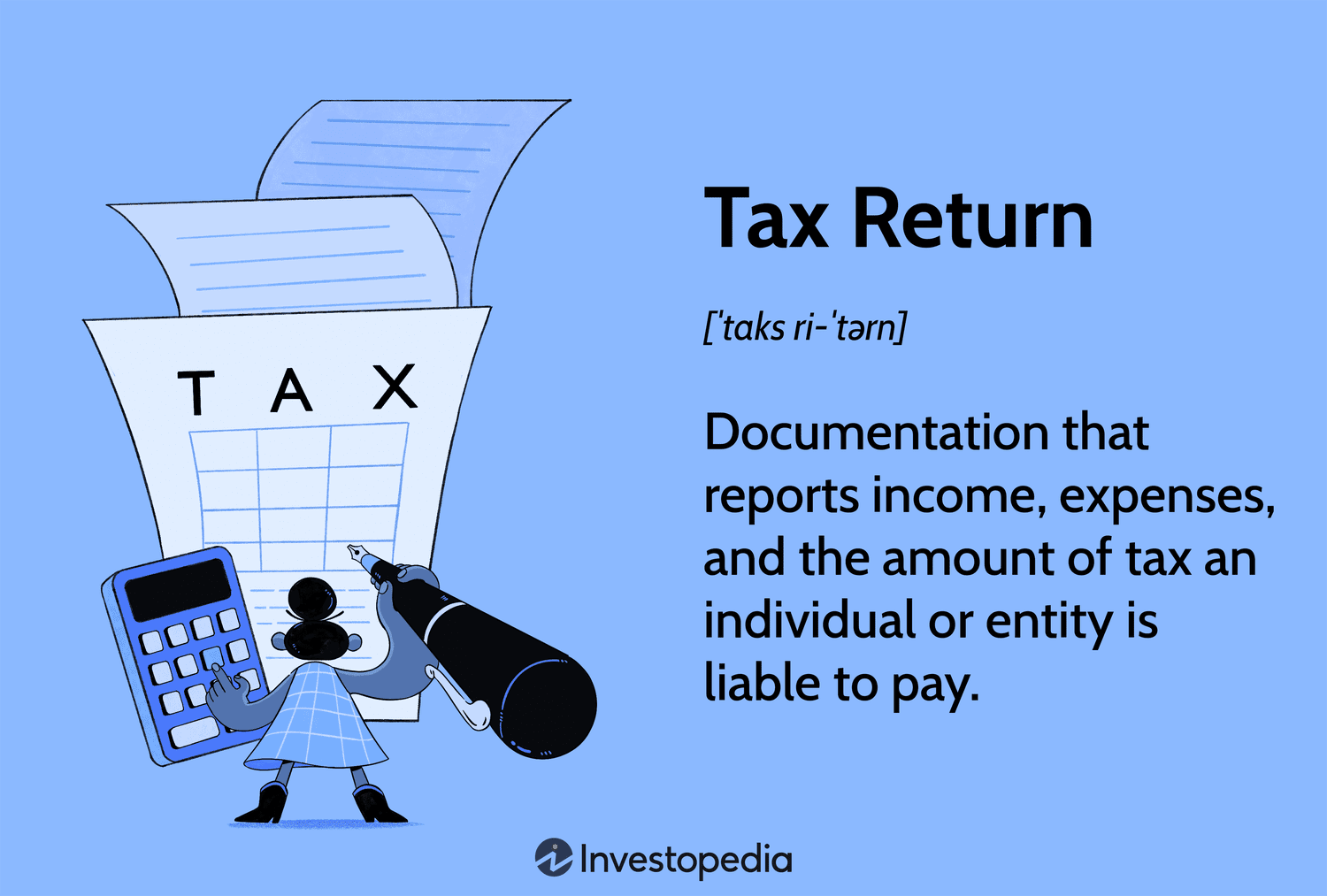Introduction
Tax returns are an essential aspect of running a business, ensuring that companies fulfill their fiscal obligations to the government. However, the cost of preparing and filing tax returns can vary significantly, leaving business owners wondering how much they should expect to pay. In this article, we will explore the factors influencing the cost of a company tax return and provide insights into how businesses can determine a fair price for this crucial financial service.
Factors Influencing the Cost of a Company Tax Return
Several factors come into play when determining the cost of a company tax return. Understanding these factors is crucial for businesses seeking transparency and fair pricing from tax professionals.
1. Company Size and Complexity
The size and complexity of a company have a significant impact on the cost of its tax return. Larger companies with multiple income streams, numerous deductions, and complex financial transactions generally require more time and expertise to prepare their tax returns. As a result, they can expect to pay higher fees for tax preparation services compared to smaller, less complex businesses.
2. Type of Business Entity
The type of business entity also plays a role in determining the cost of tax return services. Different entities, such as sole proprietorships, partnerships, corporations, and LLCs, have distinct tax reporting requirements. Corporations, for example, have more complex tax obligations than sole proprietorships, which can lead to higher costs for tax preparation.
3. Accounting Method
The accounting method used by a company can affect tax return costs as well. Businesses can choose between the cash and accrual accounting methods. While cash accounting is generally simpler, accrual accounting can be more complex, especially for larger companies with substantial accounts receivable and payable. The complexity involved in accrual accounting can contribute to higher tax return costs.
4. Tax Professional Expertise
The level of expertise and experience of the tax professional or firm hired to prepare the tax return can significantly impact the cost. Seasoned professionals with a track record of handling complex tax situations may charge higher fees for their services. On the other hand, less experienced practitioners or small accounting firms may offer more affordable pricing options.
5. Geographical Location
The geographical location of a company can also affect the cost of its tax return. The cost of living and the prevailing rates for professional services can vary significantly from one region to another. Businesses located in metropolitan areas or areas with a high cost of living may face higher tax preparation costs compared to those in more rural or less expensive areas.

How much should a company tax return cost?
The Range of Tax Return Costs
Given the various factors influencing tax return costs, it is challenging to provide an exact figure for how much a company tax return should cost. However, we can outline a general range based on different scenarios.
1. Small Businesses
Small businesses, such as sole proprietorships and single-member LLCs with straightforward financial records, can expect to pay anywhere from $200 to $1,000 for their tax return. The cost may vary depending on the complexity of the tax situation and the geographical location of the business.
2. Medium-Sized Businesses
Medium-sized businesses, including partnerships and small corporations, with moderate complexity in their financial transactions, can anticipate tax return costs ranging from $1,000 to $5,000. The price range accounts for the increased complexity and potential need for more specialized tax services.
3. Large Corporations
Large corporations with multiple income streams, extensive deductions, and complex financial structures may face tax return costs exceeding $5,000. These companies require the expertise of experienced tax professionals who can navigate intricate tax regulations and ensure compliance with all relevant laws.
Reducing Tax Return Costs
While tax return costs are inevitable, there are strategies businesses can employ to reduce these expenses without compromising the quality of their tax preparation.
1. Maintain Organized Records
Organized and accurate financial records can streamline the tax preparation process, reducing the time it takes for tax professionals to complete the return. Implementing efficient bookkeeping practices throughout the year can save money during tax season.
2. Utilize Tax Software
Tax preparation software can be a cost-effective solution for small and medium-sized businesses with relatively straightforward tax situations. Many software options are available at affordable prices, enabling businesses to prepare their returns accurately.
3. Shop Around for Tax Professionals
It’s essential for businesses to obtain quotes from different tax professionals or firms to find competitive pricing. Comparing the services offered and the associated costs can help companies make informed decisions about which tax preparer best fits their needs and budget. For CBD tax company tax returns read on.
4. Seek Professional Advice
Consulting with a tax advisor or accountant throughout the year can help businesses make strategic financial decisions that optimize their tax position. By proactively planning and strategizing, businesses can potentially minimize their tax liability and, consequently, their tax return costs.

Conclusion
The cost of a company tax return varies significantly based on factors such as company size, complexity, accounting method, tax professional expertise, and geographical location. While it is challenging to pinpoint an exact cost, understanding these factors and implementing cost-saving measures can help businesses budget appropriately and find the most suitable tax preparation services for their needs. By prioritizing accurate tax compliance and strategic financial planning, companies can ensure they are getting the most value out of their tax return investment.

